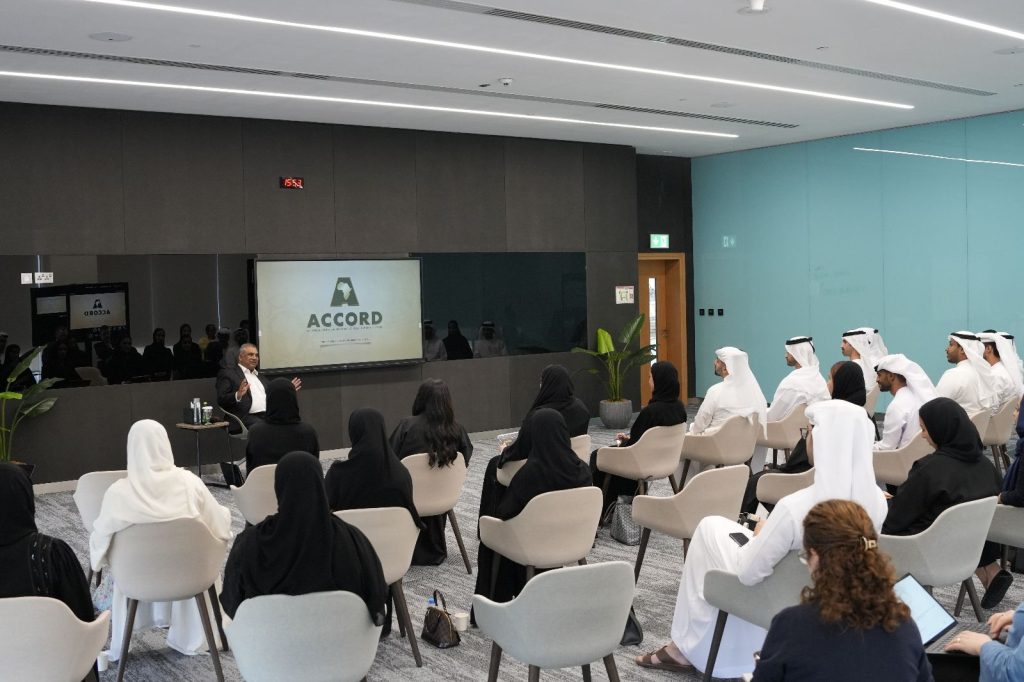Richard Kamidza, Senior Researcher at ACCORD, recently attended a two-day consultative workshop in Uppsala, Sweden, to look at poverty reduction through regional cooperation. The workshop was organised by the Nordic Africa Institute (NAI), on behalf of the Swedish International Development Cooperation Agency (SIDA), and ran from 31 May to 2 June 2006. It was attended by scholars, policy makers and representatives of relevant stakeholders from the different regions of Sub-Saharan Africa, France and Nordic countries.
The objective of the workshop was to provide maximum input into the “Swedish Strategy for Support for Sub-regional Development Cooperation in Sub-Saharan Africa” and its theme was “Exploring the African Agenda: Poverty reduction through Regional Cooperation”. Issues addressed included:
- Regional Integration: Mapping the Challenges
- Problems and Prospects of Regional Economic Integration in Africa
- Implications of EPAs trade negotiations to Regional and Sub-regional Development in the Sub-Saharan Africa
- New Kids on the Block: China and South Africa in Africa
- The African Agenda
- Pan African Parliament
- NEPAD
- Nordic Support to Regional Development
- The Swedish Support Strategy
- Strengthening Regional Organisations
- SADC, Donors and the Norwegian Support Strategy
- Promoting Regionalism from the Outside
- Socio-Political and Administrative Aspects
- Regional Integration and Governance
- Regional Integration and Citizenship
- Civil Society and Regional Integration in Eastern Africa
- Peace and Security
- Sub-regional Security Cooperation and Poverty Reduction in West Africa
- The Role of Civil Security in Promoting Peace and Security in Africa’s Regions
- Socio-Economic Aspects
- Poverty Reduction and Regional Cooperation in Southern Africa
- Regional Biotech and Bio policy Programmes: Experiences from BIO-EARN
- Regional Prevention Strategies for Contagious Diseases
- Private Rural Producers and Regional Integration
- The Challenges Ahead: Coherence and Efficiency in Support of Regional Development
In this context, Kamidzamade a presentation on the “Implications of EPAs trade negotiations to Regional and Sub-regional Development in the Sub-Saharan Africa,” illustrating opportunities and challenges for both donors and African leadership in their quest to alleviate poverty in the medium- to long-term. These presentations were designed to assist SIDA in developing its future five-year support programme in support of Regionalism in Sub-Saharan Africa, hence reflected on issues, new strategies and synergies of assisting Africa’s socio-economic development challenges through regional cooperation.






